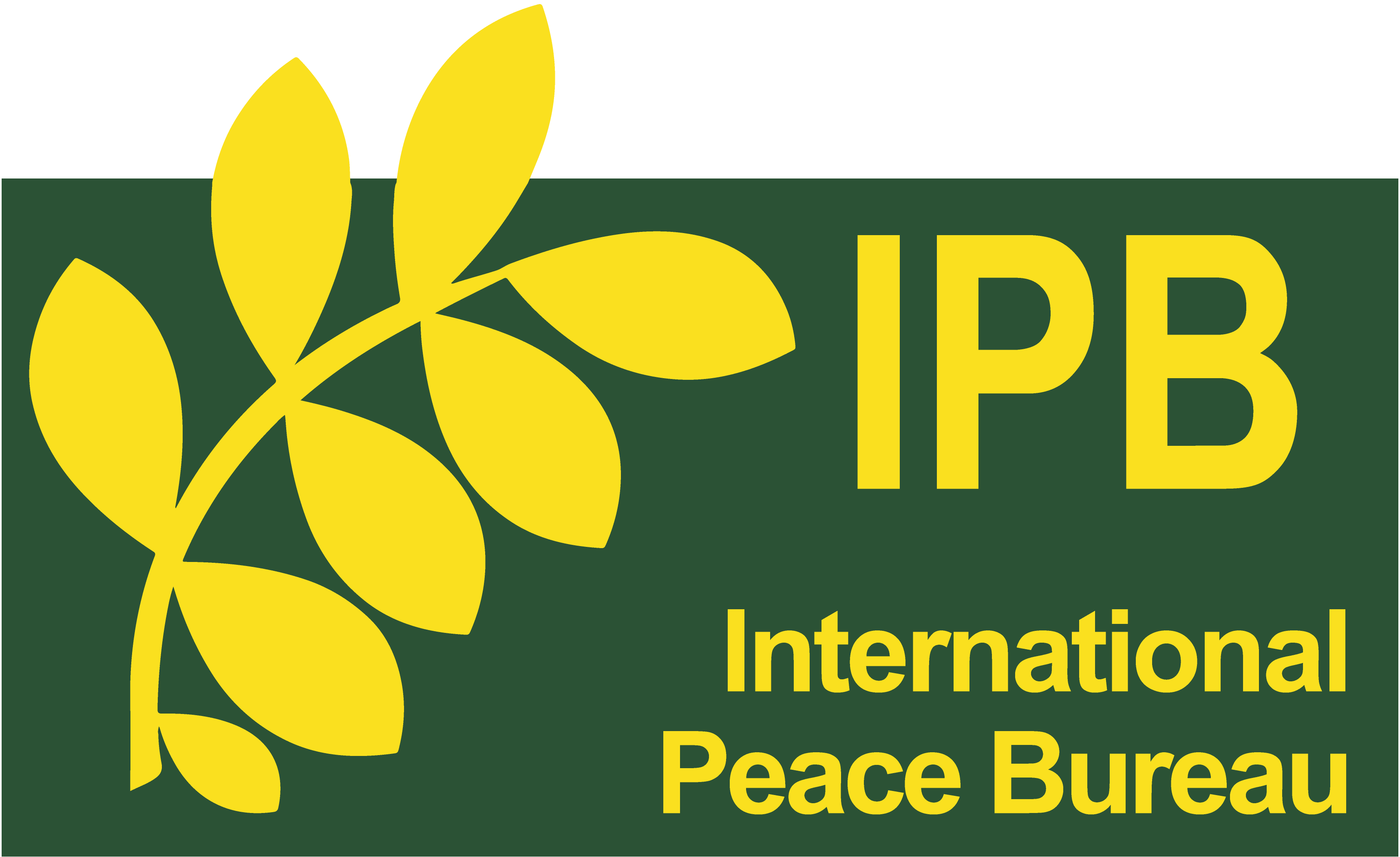In the midst of a global pandemic we are witnessing the continued escalation of conflicts, injustices, and institutional and systemic issues in our societies. The rapid spread and impact of COVID-19 alongside pre-existing crises reveals the misguided focus of our security systems, our dependency on nature and the threat nationalism poses to our global society. At the same time, we can see growing solidarity between people, creativity and new paths in solving problems; the essence of human security.
We call on everybody, our leaders, our politicians, and each other to take these lessons from the crisis we are facing:
- Military security does not address people’s needs. Real, sustainable security approaches based on common security and basic human needs must be prioritized, developed and implemented.
- States of the world spent 1.9 trillion USD on military spending in 2019. These expenses must be cut, a just transition ensured for workers in military industries and the funds directed to the COVID-19 pandemic (IPB petition “Healthcare instead of Warfare”), the climate crisis and fulfilling the UN Sustainable Development Goals.
- A global ceasefire and freezing of expenditures on military equipment for the next years should be declared by the UN General Assembly, alongside comprehensive steps towards disarmament.
- Nukes must be abolished. Though viewed by many state leaders as the ultimate protectors of their societies, nuclear weapons have helped neither the states that own them nor nuclear umbrella states in the COVID-19 pandemic. All states should sign and ratify the Treaty on the Prohibition of Nuclear Weapons.
- The rise of nationalism increases the risk of conflict and war. We need more internationalism, the strengthening of the United Nations and its institutions.
- We must recognize the global inequalities and structures that ensure that though we are all threatened by COVID-19, some regions, countries and groups in our societies will suffer disproportionately. We stand in solidarity with the Black Lives Matter movement and call on us all to recognize our own complicity in creating and sustaining this systemic discrimination.
- In the pandemic we have witnessed prevailing gender inequalities. A majority of the underpaid workers in the healthcare system are women, more women than men stayed at home during the pandemic and women and children were suffering from increased family and partner violence. We stand for gender equality.
- The COVID-19 pandemic and its social and economic consequences have resulted in a global jobs crisis with hundreds of millions of workers worldwide losing their jobs and many more millions of workers being at risk of losing jobs and livelihoods (1). Governments need to put in place recovery and resilience plans that are built on social dialogue with a new social contract at their centre (2), including:
• Job protection and job creation;
• Income protection and minimum living wages;
• OHS – including global standards and provisions for safe workplaces;
• Universal Social Protection;
• Responsible business conduct through supply chains; and
• Government accountability with social dialogue and the provision of privacy rights.
It is time to act. The COVID-19 pandemic will radically affect the future of youth around the world for decades to come and without broader change it will not be the last crisis of this sort we face.
We invite everyone to engage in their local and regional environments, in national and global politics and join us in our struggle for a peaceful, just and sustainable world.
IPB Youth Network
20th of July 2020
Contact: https://ipbyn.org/contact
Email list serv: ipbyn [at] lists.riseup.net
International Peace Bureau (IPB): https://ipb.org
IPB Newsletter sign up: https://ipb.org
IPB Petition “Healthcare instead of Warfare”: https://www.change.org/p/general-assembly-of-the-united-nations-invest-in-healthcare-instead-of-militarization
[1] https://www.ilo.org/global/about-the-ilo/newsroom/news/WCMS_749398/lang–en/index.htm
[2] https://www.ituc-csi.org/ituc-global-covid-19-survey-25may


